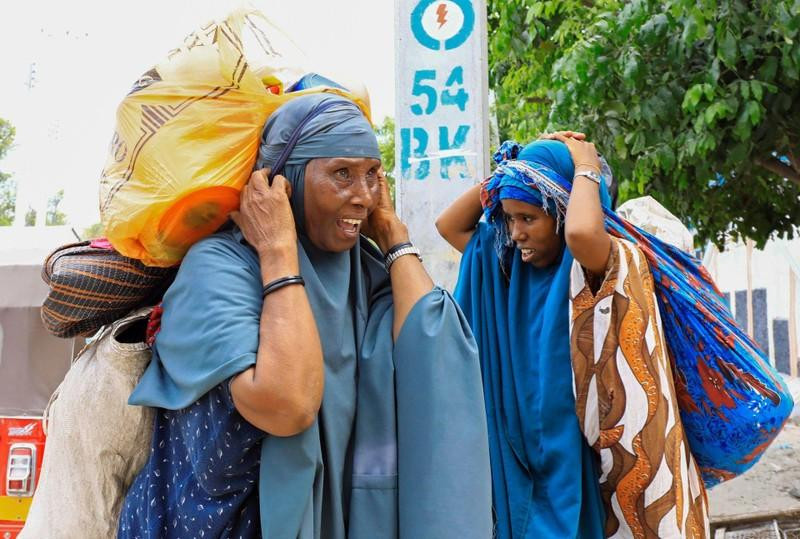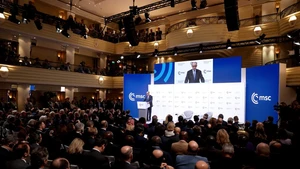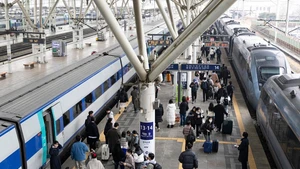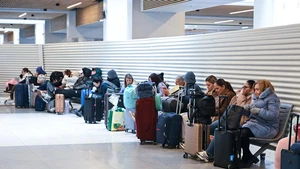The theme of the report reflects the many crises facing the world and the joint efforts to reduce their impact on human development. The report paints a picture of a global society lurching from crisis to crisis. The crisis particularly highlighted is the COVID-19 pandemic, which has shaken the world, leaving deep wounds in society and lasting consequences.
In addition to the human toll, COVID-19 has also caused severe job and income loss, disrupted schools, and led to a loss of motivation in education and training that will take years to recover. Health and community services are also overloaded; and the quality of health services is greatly reduced.
The COVID-19 crisis has had a major impact on the Human Development Index (HDI). For the first time in the 32 years that UNDP have been calculating it, the HDI (which measures a nation’s health, education, and standard of living), has declined globally for two years in a row. Human development has fallen back to 2016 levels, reversing much of the progress towards the Sustainable Development Goals.
The reversal is nearly universal as over 90 percent of countries registered a decline in their HDI score in either 2020 or 2021 and a more than 40 percent declin in both years, signaling that the crisis is still deepening for many.
While some countries are beginning to get back on their feet, the recovery is uneven and partial, further widening inequalities in human development. Latin America, the Caribbean, Sub-Saharan Africa and South Asia have been hit particularly hard.
Meanwhile, extreme weather events related to climate change, armed conflict, sharp increases in food and energy prices, increased protectionism and political instability have made efforts to restore momentum more difficult.
Notably, the study's authors warn that the global upheavals of the pandemic is nothing compared to what the world would experience if a collapse in biodiversity were to occur.
"For the first time in human history", the report declares, "anthropogenic [man-made] existential threats loom larger than those from natural hazards". It is a wake-up call regarding the human actions that have led to climate change, one of the most pressing problems facing the world today.
"The world is scrambling to respond to back-to-back crises", said Achim Steiner, UNDP Administrator. "We have seen with the cost of living and energy crises that, while it is tempting to focus on quick fixes like subsidizing fossil fuels, immediate relief tactics are delaying the long-term systemic changes we must make".
Steiner went on to call for a renewed sense of global solidarity to tackle "interconnected, common challenges", but acknowledged that the international community is currently "paralyzed in making these changes".
In a turbulent world with successive crises threatening to drown all achievements and set back development, the UNDP report offers a path out of uncertainty and insecurity and towards new, sustainable and equitable development. The report recommends prioritizing policies that invest in renewable energy, social security, and capacity building needed to respond to new challenges.
According to experts, the world is facing an opportunity, albeit a narrow one, to restart the global system and ensure a safe, developed and sustainable future. It is an opportunity for the world to unite, cooperate, innovate and create to better respond to future challenges.
















